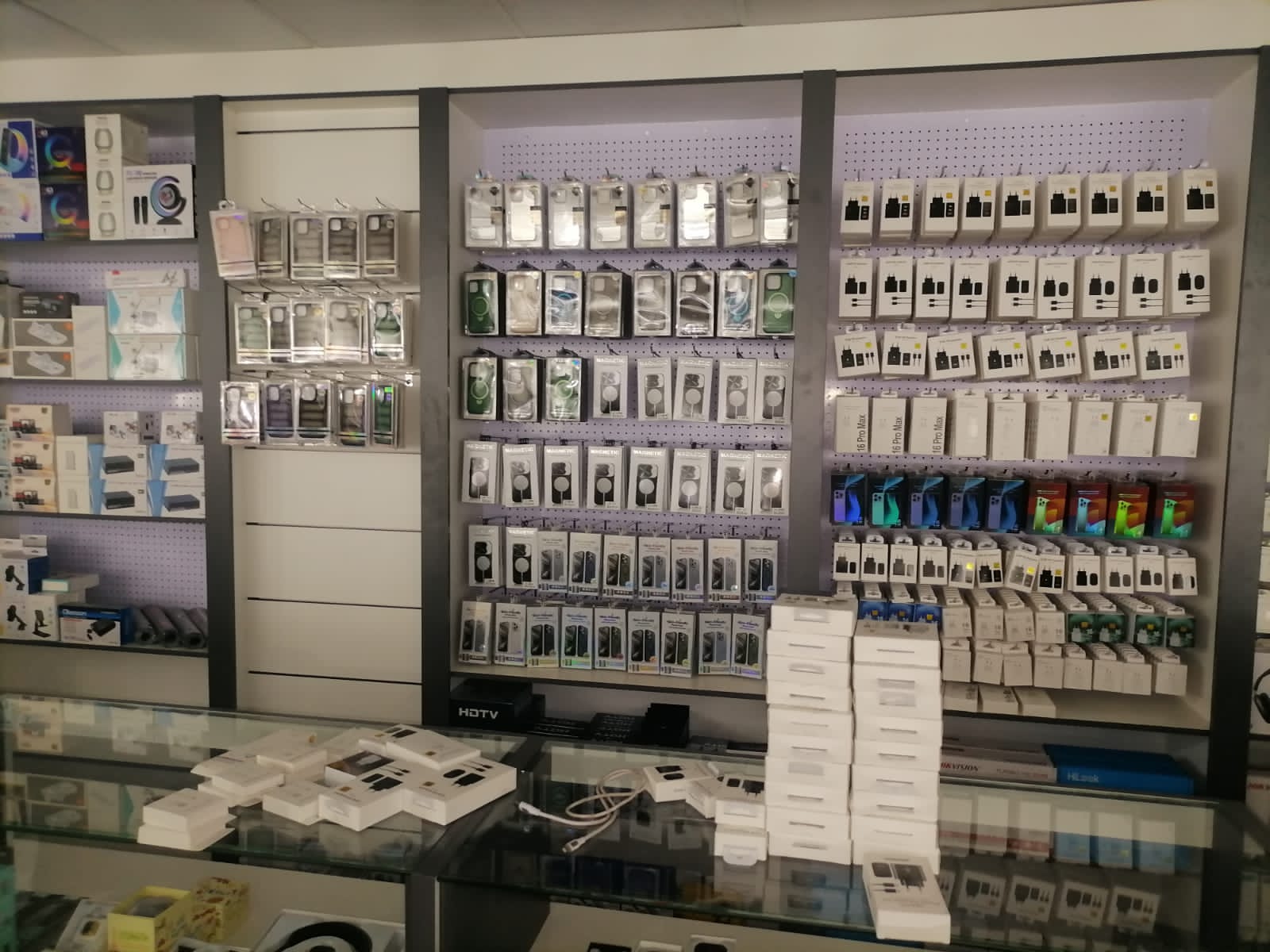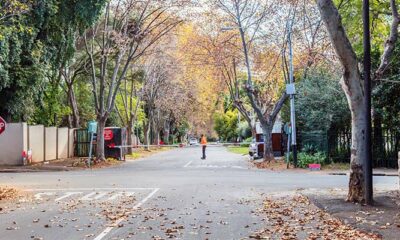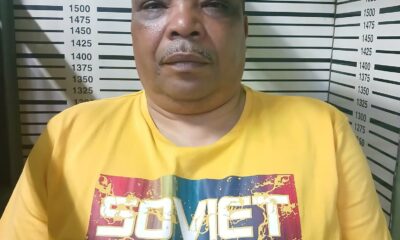News
Fordsburg Raid: Police Seize R17 Million in Illegal Apple and Samsung Devices

Police Crack Down on R17 Million Worth of Illegal Apple and Samsung Devices in Fordsburg
A major police operation in Fordsburg has uncovered one of Johannesburg’s largest stashes of illegally imported electronics, with South African Police Service (SAPS) officers seizing smartphones, accessories, and communication equipment valued at more than R17 million.
The raid, carried out this week, targeted a Fordsburg shopping mall known for its bustling tech trade. Inside, authorities discovered non-type-approved Apple iPhones, Samsung Galaxy devices, and fake accessories, along with IMEI and ICASA labels, the kind often used to disguise counterfeit goods as legitimate imports.
Police have seized illegally imported smartphones, mainly Apple iPhones and Samsung devices, as well as mobile phone accessories, valued at more than R17 million. #Apple #Samsung @TheCitizen_News pic.twitter.com/ta6UEAThiA
Faizel Patel (@FaizelPatel121) October 24, 2025
A Coordinated Police Strike
SAPS spokesperson Lieutenant Colonel Amanda van Wyk confirmed that the operation was the result of coordinated intelligence between several units, including the Commercial Crime Investigation Unit, Border Policing, Johannesburg Local Criminal Record Centre, and ICASA (Independent Communications Authority of South Africa).
“More than a thousand non-type-approved devices and related items were confiscated for being in contravention of the Customs and Excise Act and the Electronic Communications Act,” said Van Wyk.
All seized devices have been handed over to ICASA for storage and further examination. Investigations are ongoing, and no official arrests have been announced yet.
What Is a “Non-Type-Approved” Device?
In simple terms, a non-type-approved phone is one that hasn’t been certified by ICASA meaning it hasn’t been tested to ensure it meets South African network, safety, and electromagnetic standards. Selling or using such devices is illegal under Section 35 of the Electronic Communications Act, which prohibits the sale or use of any communication equipment not approved by the authority.
Consumers often unknowingly purchase these cheaper, uncertified devices through informal channels or social media, only to find they can’t connect properly to local networks or receive official support.
Repeat Offenders and a Growing Black Market
This week’s Fordsburg raid isn’t the first sign of trouble in the market. Just two months ago, the Hawks arrested a 33-year-old Indian national in Gqeberha after Apple’s global anti-counterfeit unit tipped off authorities about fake iPhone accessories being sold locally. That haul was valued at around R60,000 a fraction of what police just seized in Johannesburg.
The rise of online marketplaces, cross-border trade loopholes, and counterfeit import syndicates has made tech piracy a growing headache for law enforcement and legitimate retailers alike.
Public Reaction: “It’s About Time”
On social media, the reaction has been one of relief and frustration. Many South Africans applauded the operation, saying counterfeit tech has flooded the local market for years. Others called on the police to go further by targeting online resellers and cross-border supply chains.
“Walk through Fordsburg or parts of the CBD, you’ll see fake AirPods and Samsung watches everywhere,” wrote one user on X (formerly Twitter). “It’s about time someone cleaned up.”
Beyond the economic loss to official distributors, illegal imports can also pose serious safety risks, including battery explosions and data security vulnerabilities. Moreover, the trade undercuts South African businesses that comply with ICASA standards and taxes.
With the country’s economy strained and consumer demand for cheaper tech rising, experts warn that such raids may become more frequent and necessary.
As the investigation unfolds, the R17 million Fordsburg bust highlights a much bigger issue: South Africa’s growing grey market for tech. While the operation sends a strong message to smugglers and counterfeiters, it also exposes the need for stricter import monitoring and consumer education about buying certified products.
For now, police say the confiscated items will remain in ICASA’s custody as forensic analysis continues, but the message is clear: South Africa’s illegal gadget market is officially under the microscope.
{Source: The Citizen}
Follow Joburg ETC on Facebook, Twitter , TikTok and Instagram
For more News in Johannesburg, visit joburgetc.com


























